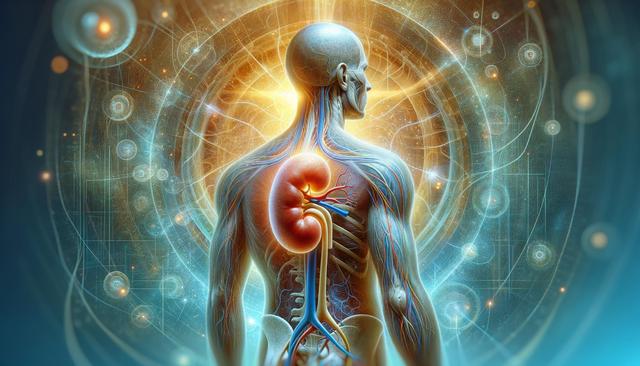What Is Kidney Disease?
Kidney disease, also known as renal disease, refers to the gradual loss of kidney function over time. The kidneys play a vital role in filtering waste products from the blood, balancing electrolytes, and regulating blood pressure. When these organs are damaged, waste builds up in the body, potentially leading to serious health issues. There are two main types of kidney disease: acute kidney injury (AKI), which occurs suddenly, and chronic kidney disease (CKD), which develops over a longer period and is often progressive.
CKD is commonly caused by conditions such as diabetes and high blood pressure, but other factors like genetic disorders, infections, and prolonged use of certain medications can also contribute. In some cases, the cause is unknown. Early stages of kidney disease may not show noticeable symptoms, making regular checkups and blood tests essential for early detection and management.
Major Causes and Risk Factors
Several factors can increase the risk of developing kidney disease. Understanding and managing these risks is key to prevention and early intervention. The most common causes include:
- High blood pressure – damages blood vessels in the kidneys over time.
- Diabetes – high blood sugar levels can harm kidney filters.
- Genetic conditions – such as polycystic kidney disease.
- Autoimmune diseases – like lupus, which can affect kidney tissues.
- Frequent use of certain painkillers and anti-inflammatory drugs.
Other contributing risk factors include obesity, smoking, poor diet, and a family history of kidney problems. Older adults are also at greater risk, as kidney function naturally declines with age. In many cases, lifestyle adjustments can reduce these risks significantly, under the guidance of healthcare professionals.
Recognizing Symptoms of Kidney Disease
Kidney disease often progresses silently, showing few or no symptoms until significant damage has occurred. However, as the condition advances, some signs may become apparent. Key symptoms to watch for include:
- Fatigue and weakness due to waste accumulation in the blood.
- Swelling in the legs, ankles, or feet caused by fluid retention.
- Changes in urination patterns, such as foamy urine or increased frequency.
- Persistent nausea, vomiting, or loss of appetite.
- Difficulty concentrating and sleep disturbances.
Because these symptoms can also be associated with other conditions, it is essential to consult a healthcare provider for proper testing and diagnosis. Routine tests such as blood creatinine levels, urine analysis, and imaging studies are commonly used to assess kidney function.
Diagnosis and Stages of Kidney Disease
Diagnosing kidney disease involves a combination of medical history, physical examination, laboratory tests, and imaging studies. The most widely used indicator is the glomerular filtration rate (GFR), which estimates how well the kidneys are filtering blood. A GFR below 60 for three months or more is generally considered indicative of chronic kidney disease.
Kidney disease is classified into five stages based on GFR:
- Stage 1: Normal or high GFR (90 or above) with some kidney damage.
- Stage 2: Mild reduction in GFR (60–89).
- Stage 3: Moderate reduction (30–59), often with noticeable symptoms.
- Stage 4: Severe reduction (15–29), requiring close medical supervision.
- Stage 5: Kidney failure (GFR below 15), often requiring dialysis or transplant.
Understanding the stage of kidney disease helps healthcare providers develop an appropriate treatment plan and monitor disease progression more effectively.
Treatment and Lifestyle Management
While kidney disease cannot always be cured, especially in its chronic form, it can often be managed effectively with a combination of medical treatment and lifestyle changes. The primary goals of treatment are to slow progression, manage symptoms, and reduce complications. Common treatment options include:
- Medications to control blood pressure, blood sugar, and cholesterol levels.
- Dietary adjustments, such as reducing sodium, potassium, and protein intake.
- Regular monitoring through lab tests and clinical visits.
- Dialysis or kidney transplant in advanced stages.
In addition to medical care, lifestyle habits play a crucial role in kidney health. Staying hydrated, avoiding excessive use of over-the-counter medications, exercising regularly, and quitting smoking can all help maintain kidney function. Working closely with a healthcare team, including a nephrologist and dietitian, ensures personalized care that considers both the medical and lifestyle aspects of kidney disease.




Leave a Reply